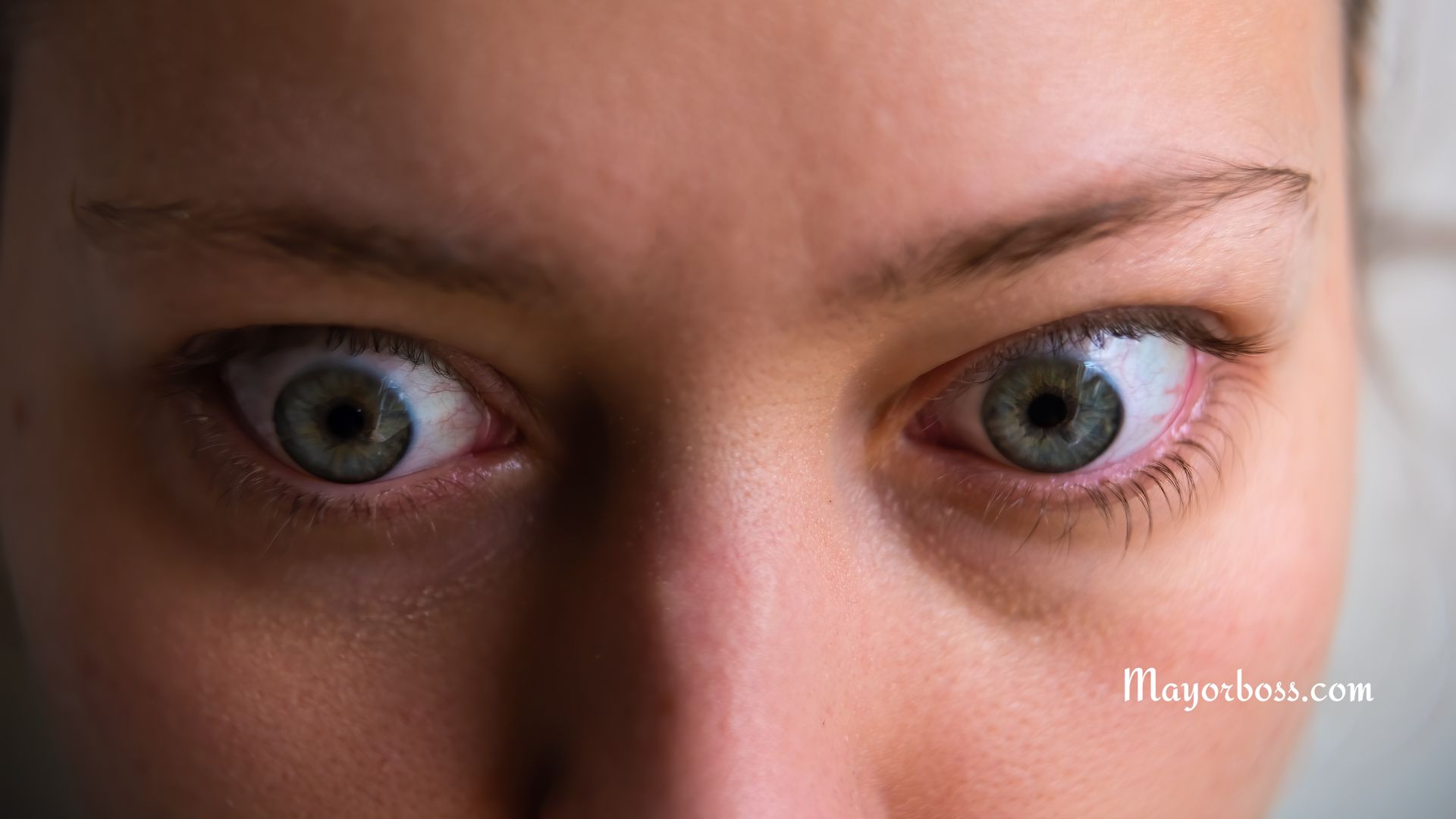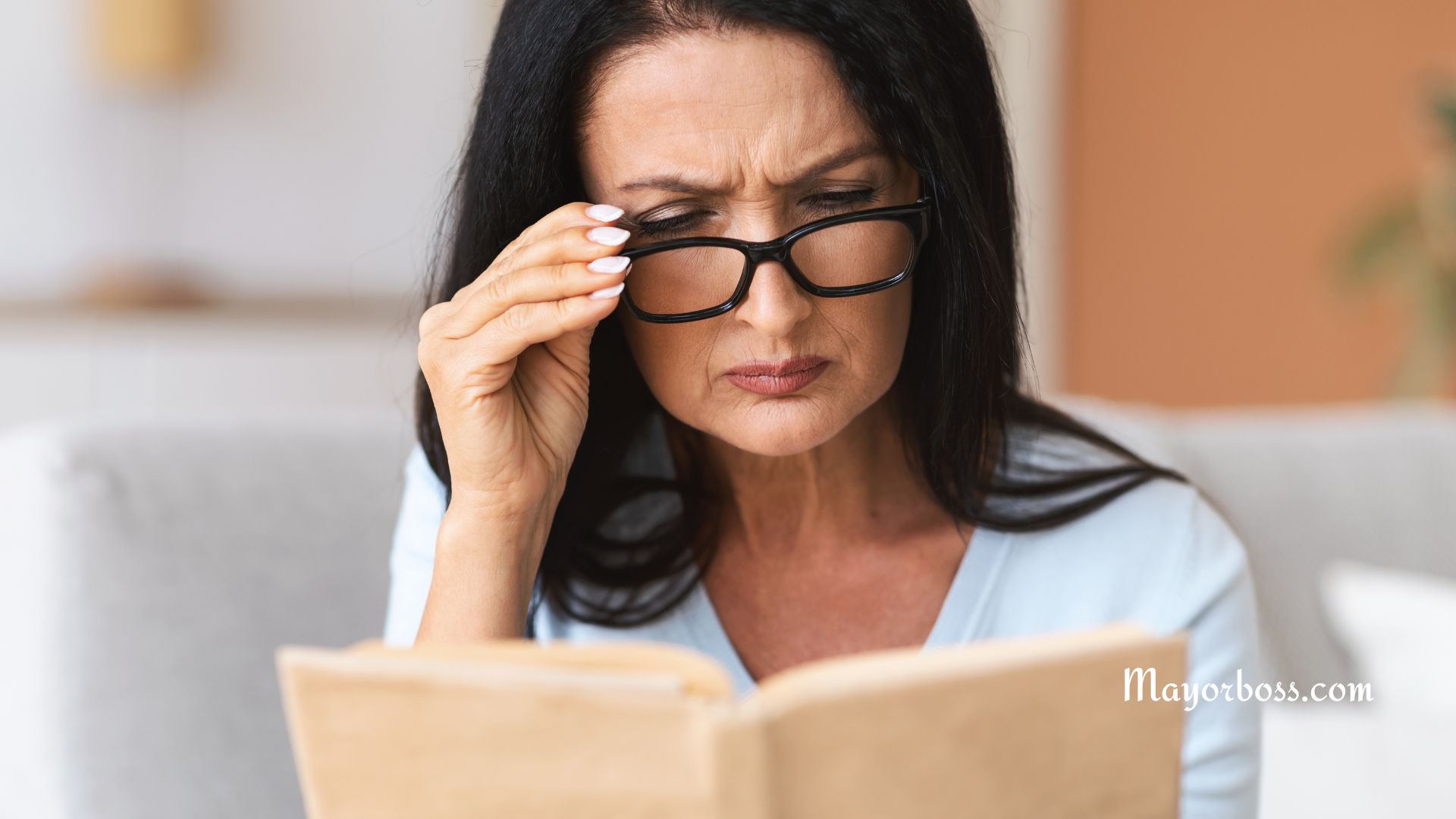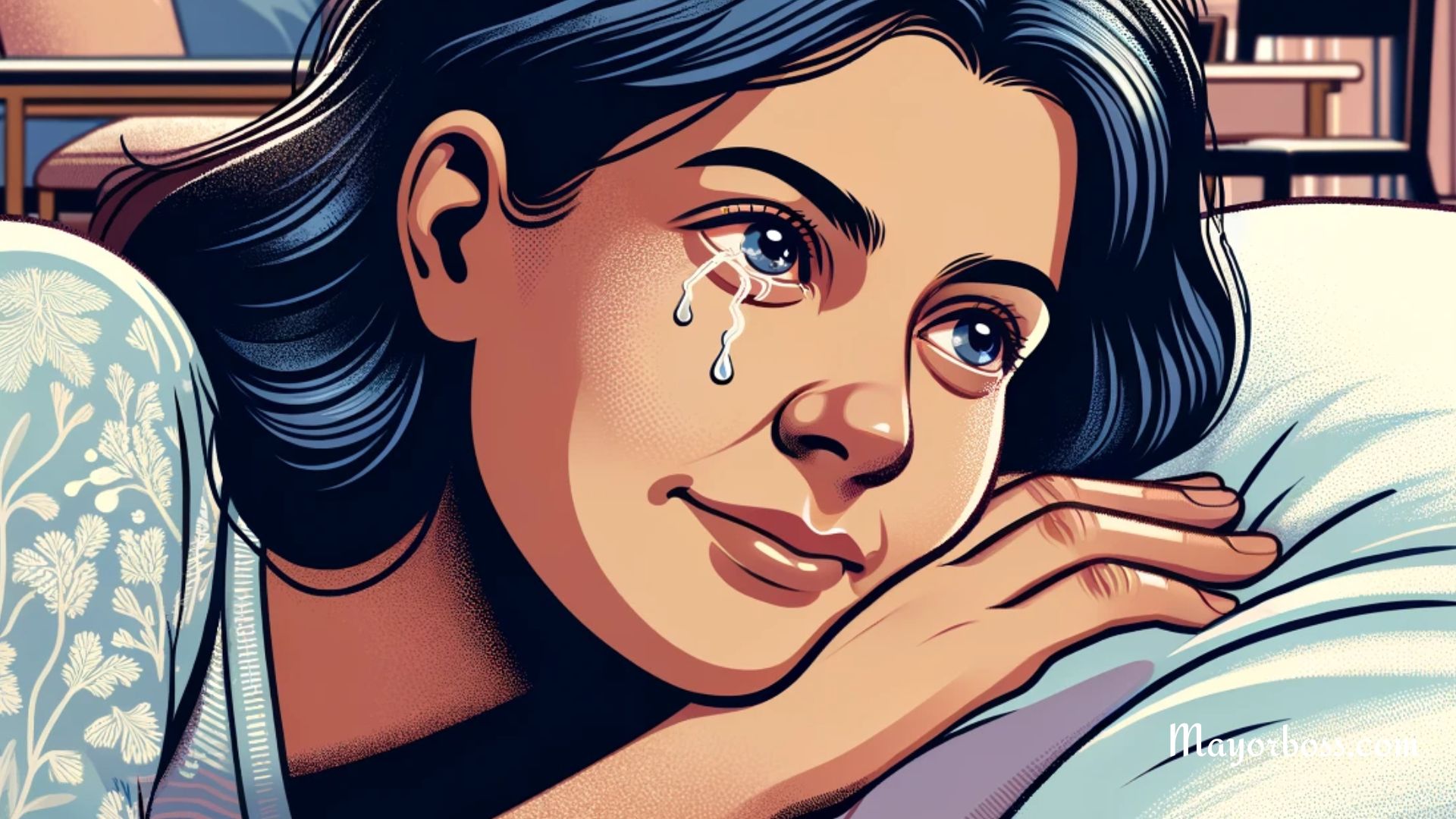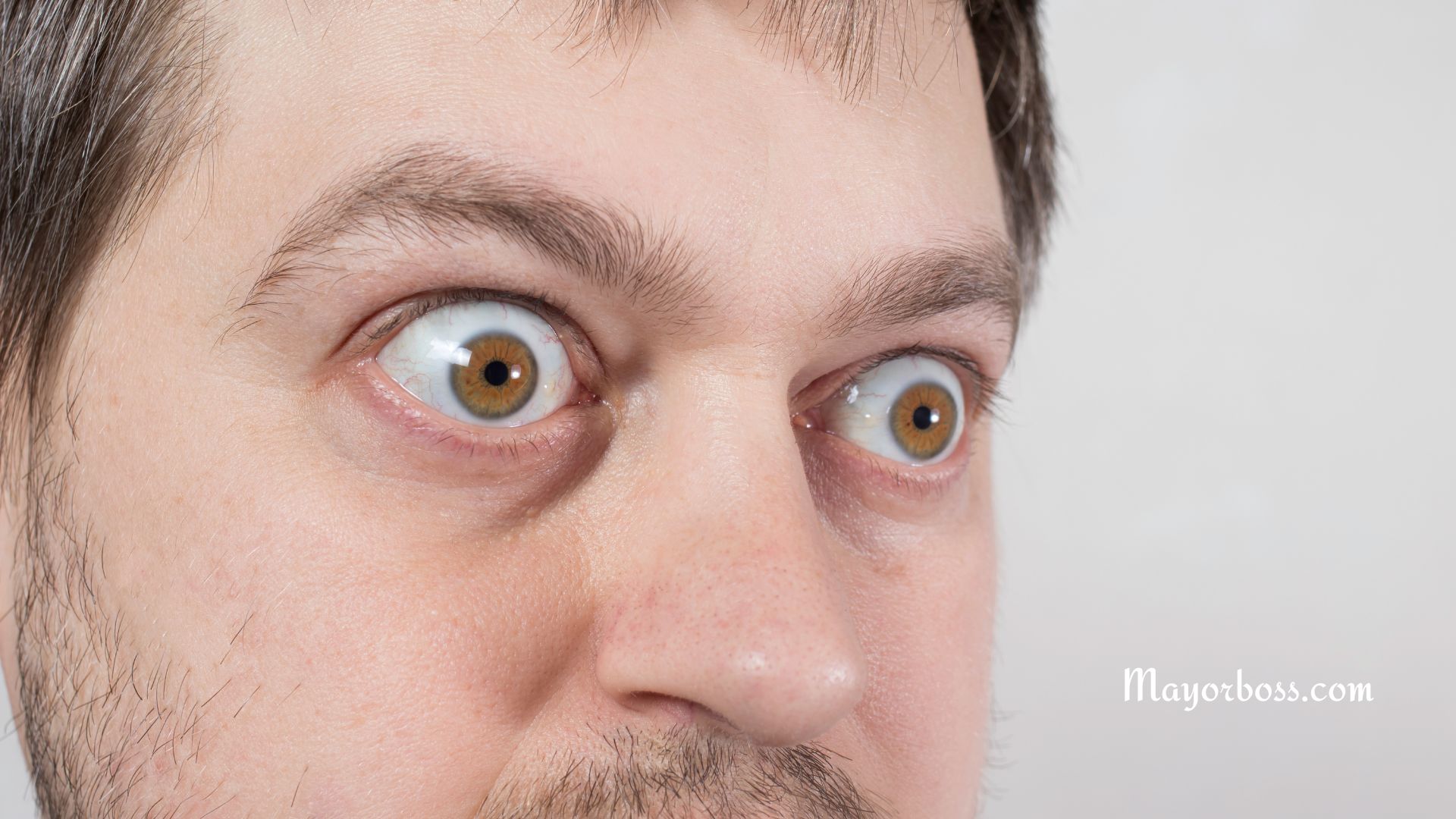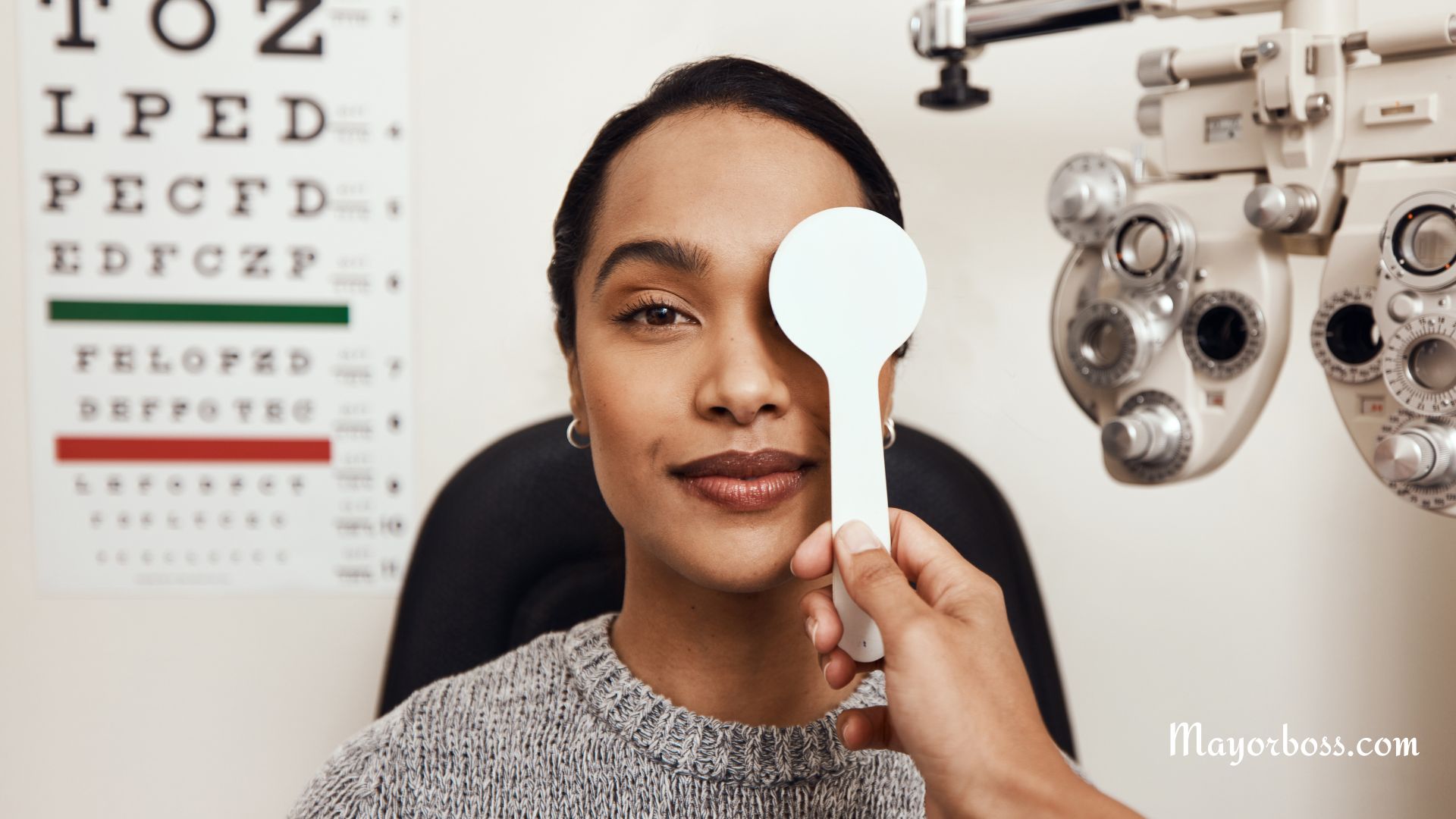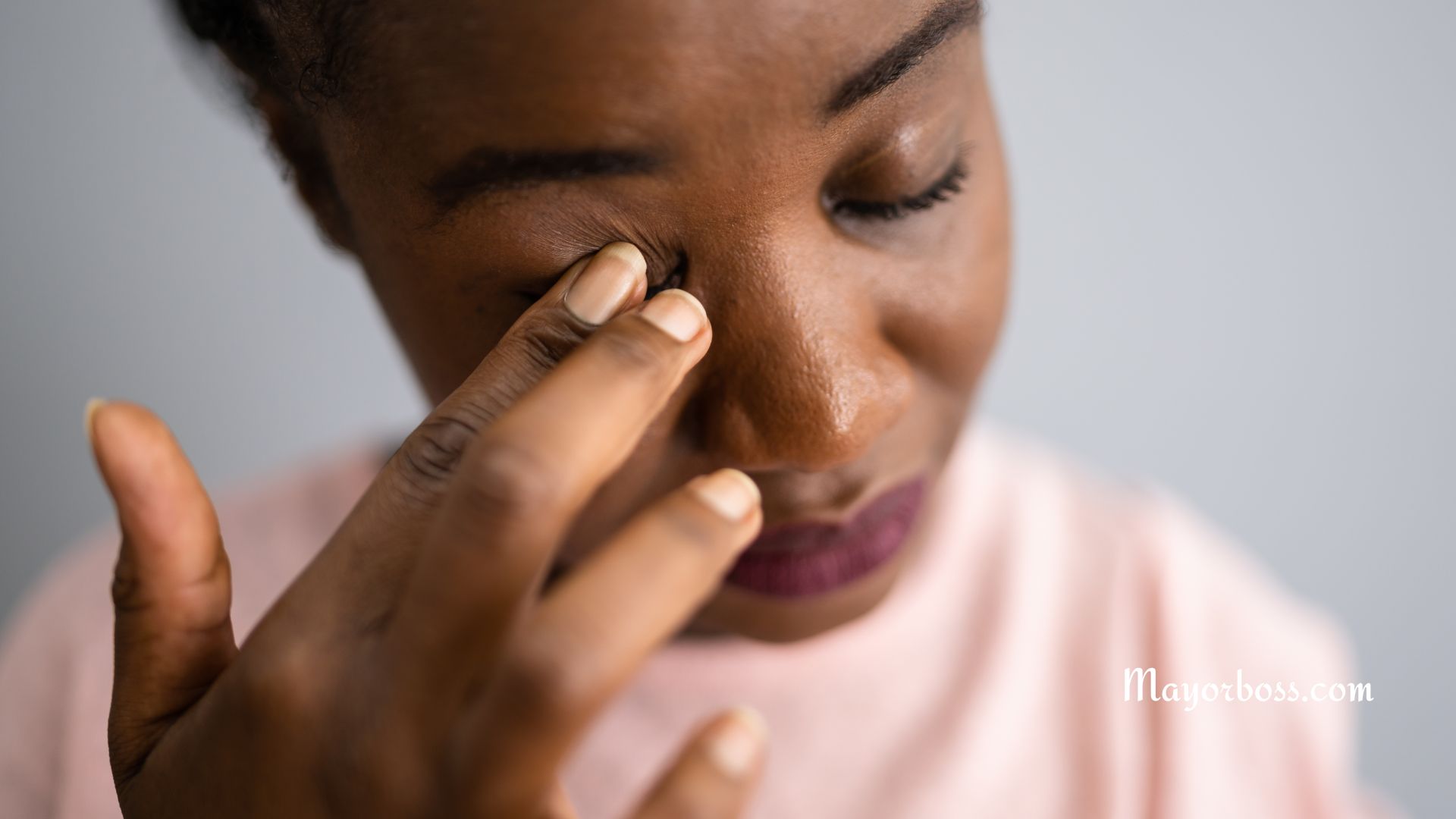Are Blue Eyes More Sensitive to Light?
Quick Summary: If you have blue eyes, you might have noticed that you squint a bit more in bright sunlight or feel discomfort in well-lit environments. There’s a scientific basis for this: Blue eyes are generally more sensitive to light due to lower levels of melanin. This article will explore why this happens, what melanin has to do with it, and how you can protect your eyes.
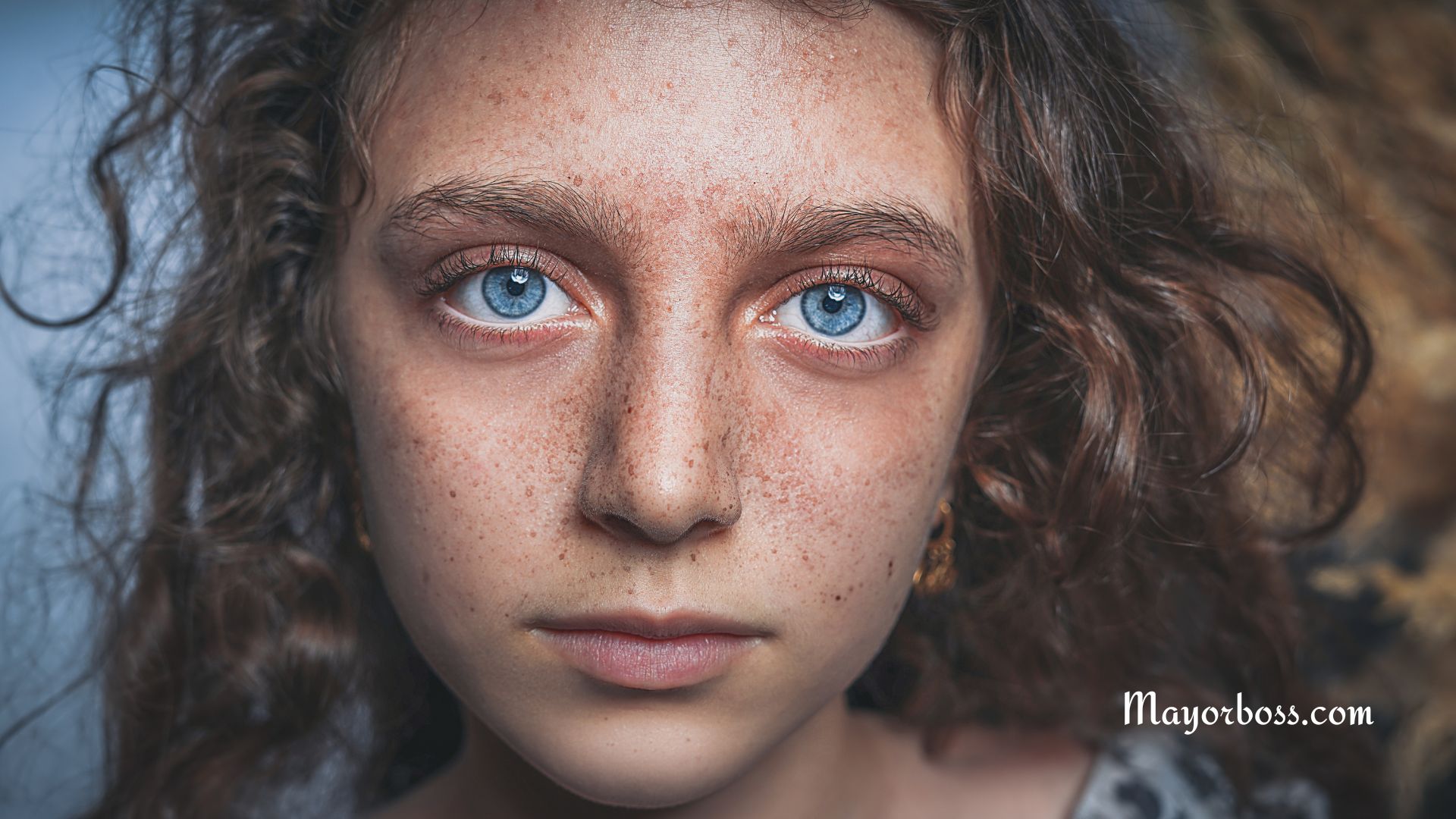
What Makes Eye Color?
Before we jump into the light sensitivity topic, it’s good to know what gives your eyes their color in the first place. Eye color is determined by the amount and type of pigments in the front part of the iris, as well as the scattering of light by the turbid medium in the stroma of the iris.
Role of Melanin
The main pigment responsible for eye color is melanin. Brown eyes have more melanin, while blue eyes have less. Melanin also serves as a protective layer that absorbs light, reducing glare and improving clarity.
The Connection Between Blue Eyes and Light Sensitivity
So, why are blue eyes more sensitive to light? Well, it’s all about the melanin. Since blue eyes have less melanin than darker eyes, they are less effective at filtering out light.
Less Melanin = More Light Entry
In people with blue eyes, the lower melanin levels allow more light to pass into the eye. This can result in increased sensitivity to bright environments and potentially a greater risk of damage from UV rays.
Examples of Light Sensitivity Issues
Those with blue eyes might experience:
- Photophobia: An extreme sensitivity to light.
- Difficulty driving at night due to the glare from headlights.
- Challenges in brightly lit environments, such as sunny outdoor settings or rooms with fluorescent lighting.
How to Protect Your Eyes
If you’re bothered by light sensitivity, there are several ways to reduce discomfort:
Sunglasses Are Your Friend
Wearing sunglasses with 100% UV protection can help minimize the effects of bright light and offer your eyes the protection they need.
Choose the Right Environment
Whenever possible, opt for indoor settings with adjustable lighting. Dimmer switches and window shades can be quite helpful.
Consult an Eye Specialist
If light sensitivity becomes a significant issue, it may be wise to consult an eye specialist for an in-depth examination and advice tailored to your situation.
Consider Anti-Reflective Coating
Anti-reflective coatings on eyeglasses can also reduce glare and ease eye strain, making them a worthwhile investment for those sensitive to light.
In Summary
So, yes, blue eyes are generally more sensitive to light due to the lower levels of melanin. However, with the right precautions, you can protect your eyes and reduce discomfort.
Further Reading: 7 Foods That Are Good For Your Eyesight

